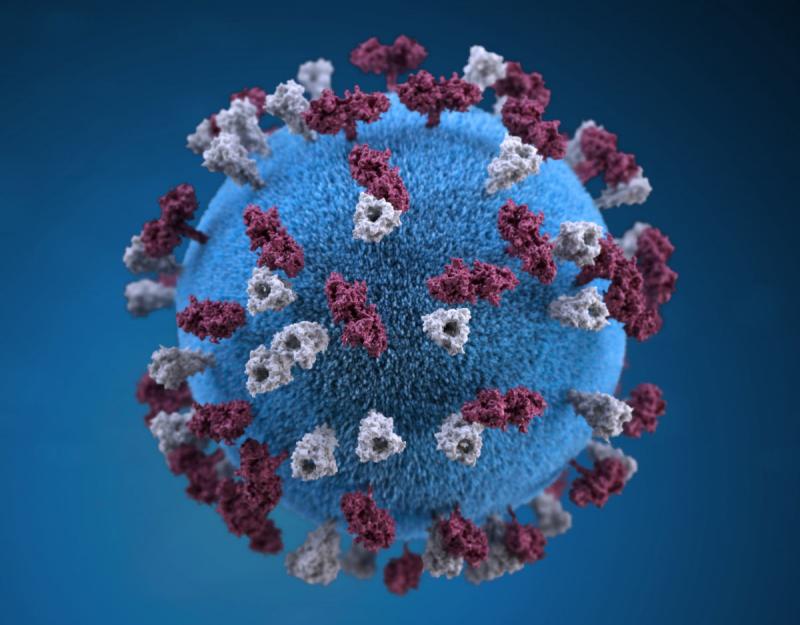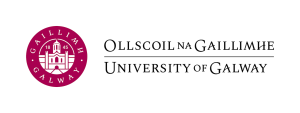Third COVID research project approved by ICHEC. NUIG research will expedite diagnosis of COVID-19 disease from patient CT scans

Third COVID-19 research project active on national high-performance computer.
The Irish Centre for High-Performance Computing (ICHEC) has expedited approval for a third significant Covid-19 research project on the national high-performance computer (HPC), “KAY”.
The latest project is being undertaken by Dr. Aaron Golden, School of Mathematics, Statistics & Applied Mathematics, and his collaborators Dr. Christoph Kleefeld in the School of Physics at NUI Galway and Dr. Declan Sheppard Group Clinical Director, Radiology at Galway University Hospitals, with the goal of developing new AI techniques to expedite the diagnosis of COVID-19 disease from patient CT scans. The project was funded by the Health Research Board as part of the COVID-19 Pandemic Rapid Response Funding Call.
"Everyone is used to the idea of nasal and throat swabs being used as the standard test for COVID - but they're not 100% accurate, in fact they can miss genuine cases, and there can also be significant delays in getting the result back. If you're talking about a patient with underlying conditions, or a patient showing severe signs of distress, being able to quickly determine the presence, and stage, of pulmonary disease, is critical. A quick and non-invasive means of determining this is via a CT scan - in less than an hour a radiologist can be in a position to see evidence of lesions on the lungs that would be indicative of COVID-19. This comes with its own issues as it can be difficult to tell whether a lesion is caused by community-acquired pneumonias, other pulmonary disorders or a host of other common lung conditions. However an imaging system that incorporates AI can be trained to distinguish between them, and deployed to assist the radiology team in the clinic. That's the project in a nutshell." Dr. Golden said.
To deliver this imaging system, and in particular to make the AI component work, is where ICHEC's supercomputer KAY comes in, as Dr. Golden explains: "Our project has two parts - the first is to put in place a state-of-the-art AI machine based on convolutional neural network technology to classify patient CT scans into likely COVID or non-COVID groups. A phenomenal effort has gone on globally in this area and there has been a common convergence on specific software stacks that can be tuned by individual research groups. Tuning makes it sound like a minor thing - but in actual fact we're talking about training AI systems over and over again with thousands of different CT scans. The second part of the project involves the development of deep learning algorithms to standardise the thousands of training CT scans themselves, in effect to try and remove the biases and artifacts that are a consequence of scans originating from different imaging centres taken using different settings. Take these out properly, and it will boost the algorithms ability to zero in on learning image variations associated with disease, rather than those subtle artifacts. Again, we're talking about training and testing over and over again with the huge numbers of CT scans. This is a big data problem requiring a phenomenal amount of computation and where KAY's sheer computational power makes all the difference."
Dr. Golden spent several years in the United States working with supercomputing resources through the National Science Foundation's Extreme Science and Engineering Discovery Environment (XSEDE). "I have to say that the way ICHEC has optimised user access to KAY is as good as anything I previously used in the US, if not better. It is a fantastic asset for the health research community here in Ireland."

In March 2020, the Irish Centre for High-End Computing introduced fast-track access to HPC for all scientific and academic research relating to COVID-19 with approved research funding. This work is supported by the ICHEC through its National Service Activities. Since 2005, ICHEC has provided High Performance Computing (HPC) resources and in-depth technical support to Irish researchers across all HEIs. This has enabled a diverse range of advanced research which is illustrated by the numerous publications in high-impact journals (including, Nature, Science, etc) acknowledging ICHEC's HPC and human resources.



